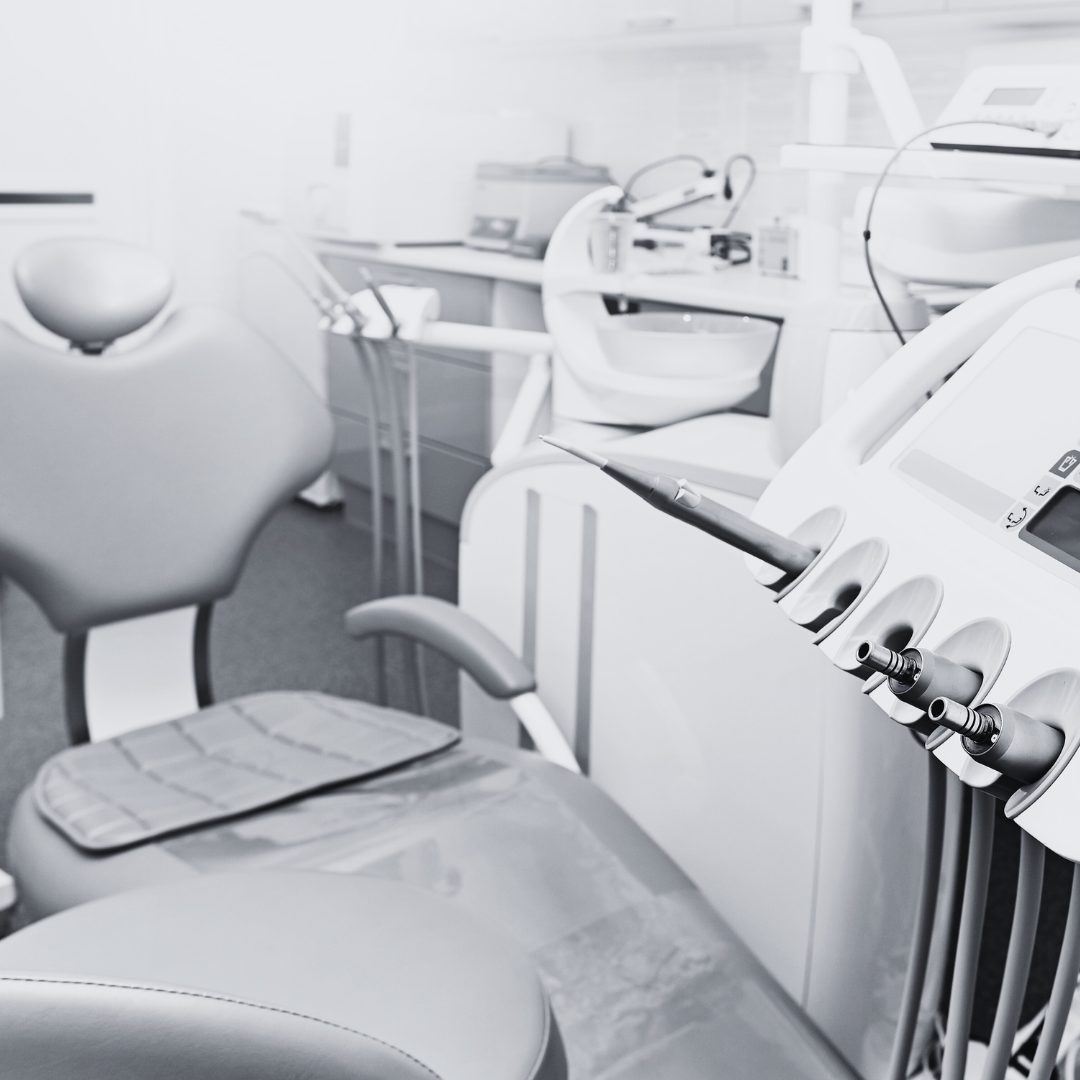Oral & Maxillofacial Surgery
Address both minor and complex facial injuries and issues through surgical treatment.
The Role of Surgery
Oral and maxillofacial surgery combines medical and dental science and encompasses procedures that treat both minor and complex facial injuries and issues. In combination with sedation dentistry and our state-of-the-art surgical suite, surgical procedures are efficient and painless.
Surgical Services
Implants (Single and Multiple)
Occaisonally, bone grafting is needed to create the needed bone structure to support and sustain dental implants. Dr. Meden will assess your bone structure prior to placing implants and determine whether bone grafting is needed or not.
All-On-4 Technology (Fixed Prothesis)
Digital CT Scan + Surgical Planning
Bone Grafting
Using the bone grafting technique, we can not only replace bone where it is missing, but also promote new bone growth in that location. This gives Dr. Meden the the ability to place dental implants of proper length and width, while also giving him the chance to restore functionality to the teeth and jaw, as well as improve a person’s smile.
Membrane + Tissue Grafting
Tissue grafting deals mostly with the gums and is a common procedure that uses healthy tissue (usually from the top palette) to restore gum health. There are various types of tissue grafting, and the type will depend on your unique situation.
PRP/PRF
Sinus Augmentation (Lift)
Sinus augmentation (lift) surgery helps restore bone density and structure by lifting the sinus floor and developing bone through a series of techniques.
Wisdom Teeth + Extractions
Dr. Meden will administer a local anesthetic to help reduce the pain of tooth extractions, making the procedure as comfortable as possible. A stronger, general anesthetic will be used if multiple teeth need to be removed (like wisdom teeth).
Preparing for Surgery
Sedation dentistry and properly following pre-operation instructions will ensure that surgical treatments go smoothly and that you feel comfortable during and after the surgical treatment(s). While Dr. Meden will review specific instructions with you before your surgery, this video is a helpful resource. If you have questions about an upcoming surgery, please do not hesitate to call us.
Aftercare + Healing
Following post-operative instructions are imperative to healing after surgery. Dr. Meden will review post-operative instructions with you and schedule a follow-up appointment with you to ensure you heal properly and achieve the intended results. This video is a good general guide of what to do vs. what not to do after surgery. As always, if you have questions about post-operative care, please call.
Surgical Suite
Our state-of-the-art surgical suite boasts the latest technology and equipment to acheive your dream smile, but, just as important, also a relaxing environment to enjoy the process.

Why Choose Dr. Meden?
Dr. Walter Meden is a passionate dentist with high levels of training and experience. Dedicated to his craft, he far exceeds the required hours for continuing education, having received the best training at institutions around the country. He is an active member of many dental organizations, and has the most modern equipment. Most importantly, the smiles of his patients speak for themselves.
